We talked to Nour El Hadi, a young sports educator born in Morocco and living in Barcelona who has found the path to inclusion through sports.
Nour el Hadi is a 23 years old youngster born in Morocco who started a new life in Barcelona 11 years ago along with his family. Nowadays he is studying a Sports Associate Degree and works as an instructor at the Fundació per a l’Esport i l’Educació de Barcelona (FEEB). Nour has been involved with this entity for five years, which promotes sport values as a way to improve the people’s quality of life.
His story is a story of social cohesion, overcoming and inclusion. He is one of the main characters in the ‘Propietarios de sueños’ (Dream Owners) documentary by Tomando Conciencia and the Barcelona City Council’s report ‘Barcelona, ciutat d’esportistes’ (Barcelona, city of athletes).
We talked about his personal story and the role of the entities advocating for personal and professional development for those people who have migrated.
What motivated your family to undertake this journey from Morocco to Barcelona?
I was a child and I did not know much; I just knew I was moving to another city. The move was my parents’ decision. Certainly, their reason was work. In fact, I had some hard time adapting to Barcelona during the first years.
How did you manage to integrate into the city? Did you establish a relationship with entities from the beginning?
Since I was a child, at first, I only went to school, played sports and did some other after-school activities, but then I did not know any organisation. I first knew the Casal de Joves Palau Alòs 7 or 8 years ago. After that, Palau gave me career and academic guidance, workshops,…
And how did you start getting involved with sports?
When a meeting was held for the opening of Superacció, an organisation that fosters social inclusion for young people at risk. During the speech they explained that they offered triathlon and I joined headfirst. I loved sport, the institution was in my neighbourhood and I fancied something different.
You are currently up to a project of your own, aren’t you?
I am creating the organisation Acció Jove per la Inclusió (AJI) (Young Action for Inclusion) with two friends in the Born area. In fact, until I am stabilized with my studies and start having more free time, the organisation and the activities offered will continue in a creation phase. The idea is to create an organisation and, later on, to achieve the AJI to be self-managed. So far, the institutions I have worked in offer guidance, training, sports and activities but no career opportunities.
Will it be, then, the differential point of AJI?
Yes. AJI pretends to provide all of these services and, besides, career opportunities. To give young people the opportunity to train and be hired to apply the workshops that they have practiced. A curriculum vitae and professional experiences will be offered to them, although when they are no longer that young, they will have to leave space for the newly arrived.
Would you say that your story can be an example for young migrants to know one of the possible paths to build a bright future?
I don’t know, but if I had to be an example for any reason, I would be for the fact of finding the way to live with different people, cohabit, try to learn, erase what I already knew and start fresh.
What is the key factor for a good adaptation when coming from outside?
The key factor is to learn new things, to adapt a little. We often find ourselves in a situation in which some people has been living here for 15 years but, nevertheless, they have difficulties to learn the language and they only know people from their own culture and environment. Sometimes is difficult to give this step forward if you only socialize in the same social circle.
Do you think that society today understands immigration better and tries to solve the reasons behind it?
I think that the institutions’ idea is to eradicate or change everything linked with stereotypes and prejudices. However, society is not usually prepared for changes and acceptance of other cultures or mentalities, although Barcelona is, at the same time, a city with very open-minded people and where you meet all sorts of people.
Why does integration sometimes seem like a pipe dream?
Often, most organisations’ goal is social change or integration but, what is the matter? That many times we settle down and stop looking for other work methods, we just stick to one method and then is when everything comes to a standstill.
Do you think that most organisations need a renovation?
Indeed. I think that the goals are well-defined but the work methods must be in constant change, since society and people also change. For example, if we want to integrate people there is no need to create a group for migrants, but an institution for everybody. A space with different people where we can get to know each other and learn from each other.
Now that the year is beginning, if you could make any wish for 2020, what would you ask for?
I would like each person to stop and think about what they are doing and why they are actually doing it. Not to deceive ourselves and be honest with ourselves, to be more aware. Because, sometimes we join many movements and groups without really knowing what they are devoted to.

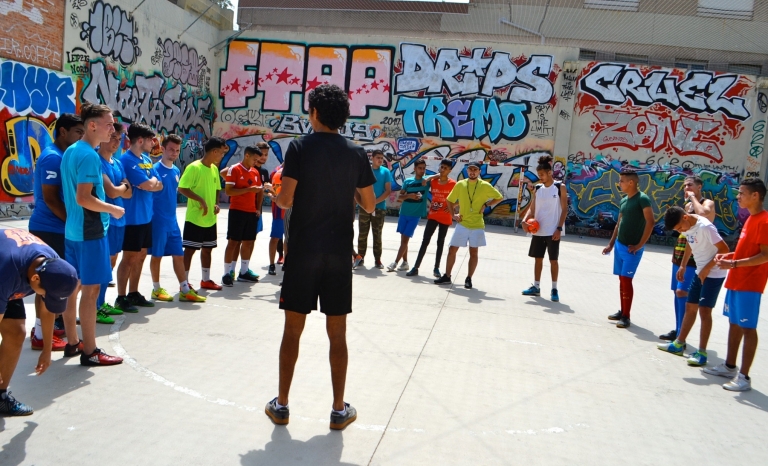
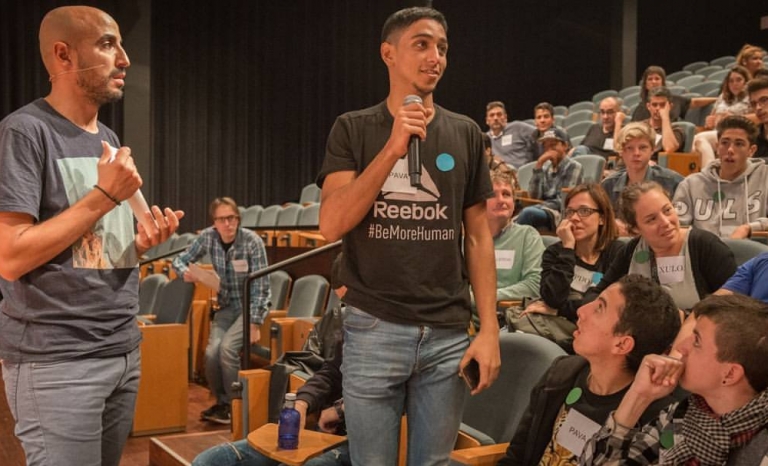
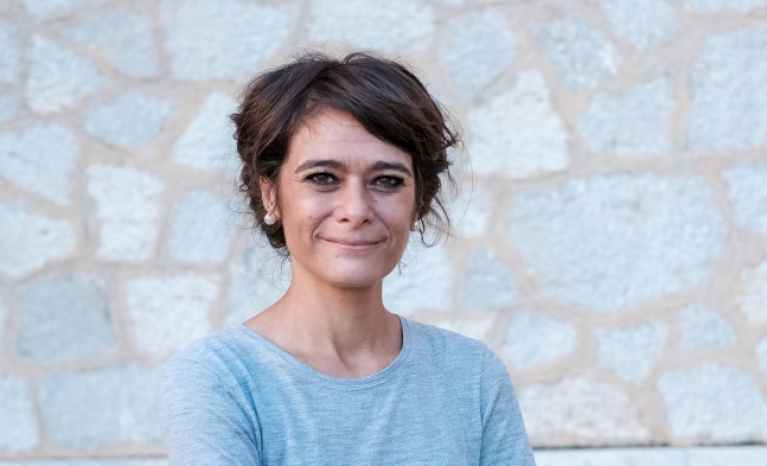
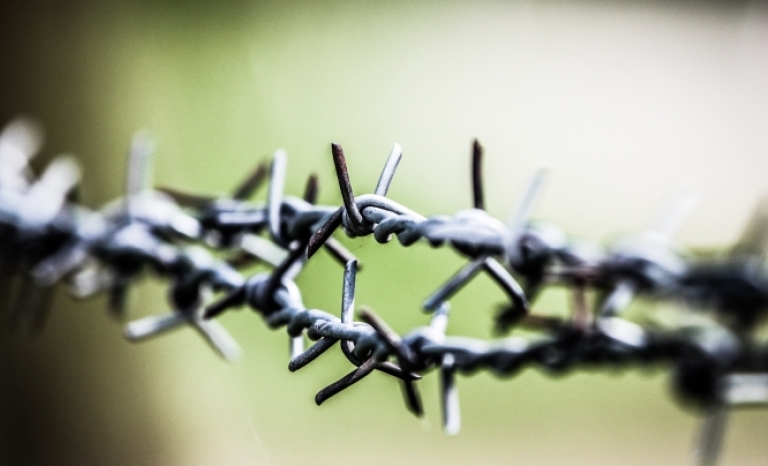
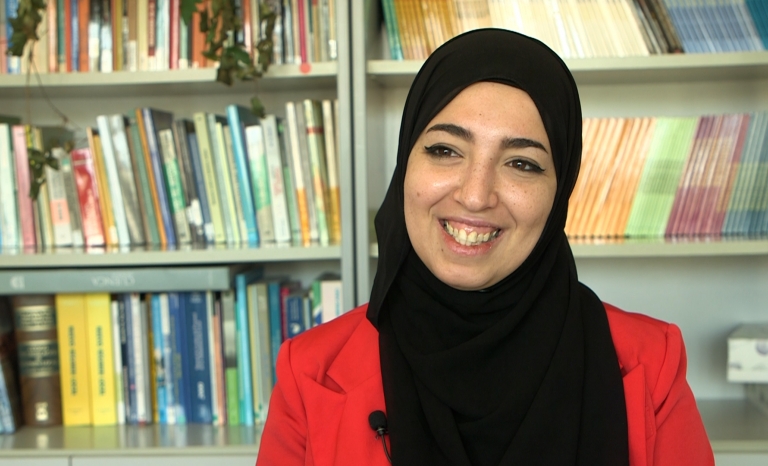
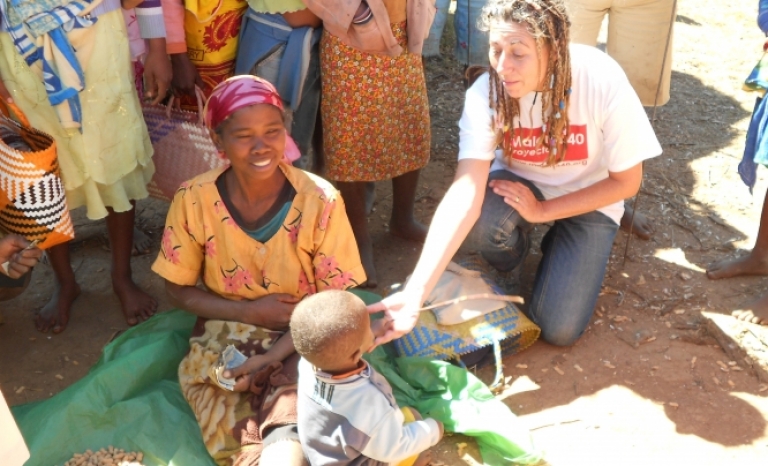



Add new comment